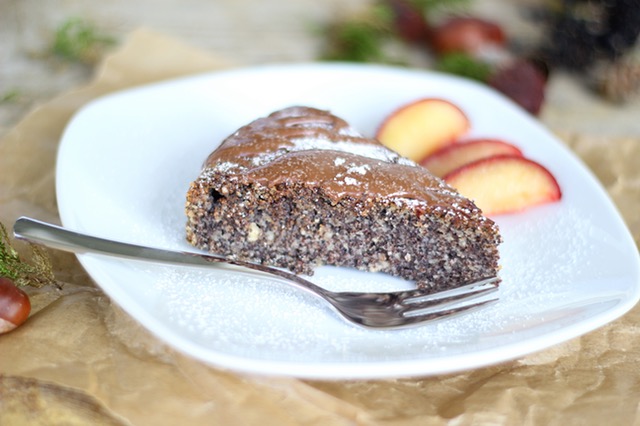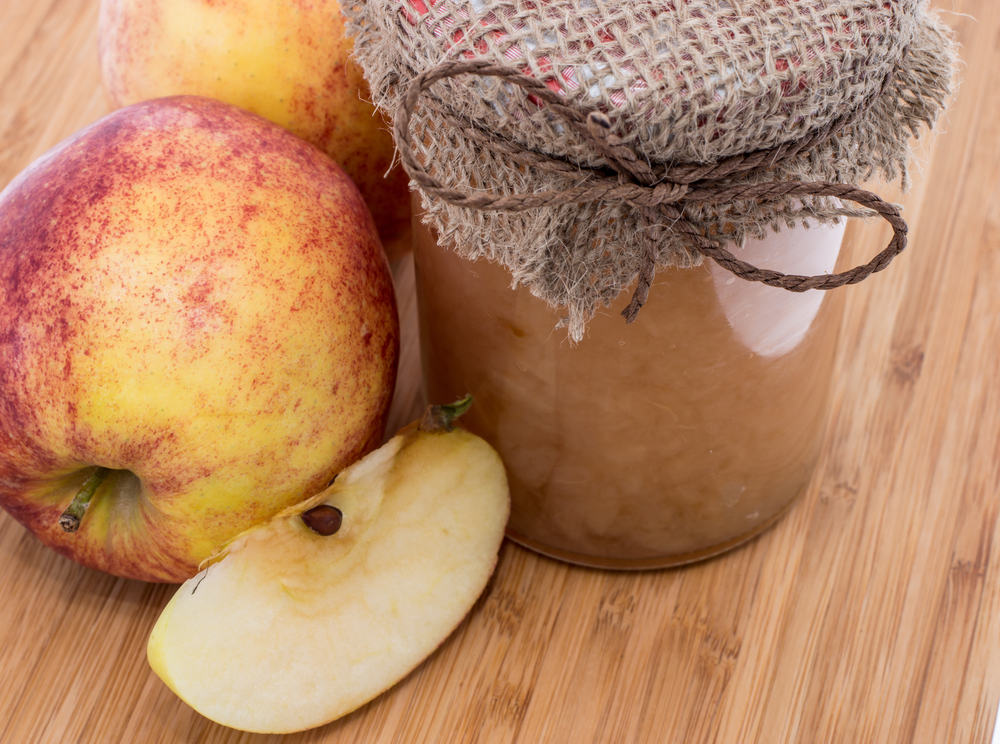
I see so many clients who ask if they have a food intolerance. Typically, they describe symptoms inside their digestive systems such as cramping, bloating, changing bowel movements or excess wind. But there are also many symptoms of food intolerance and food sensitivities outside of the digestive system, including skin problems, brain fog and aching joints.
In this blog, I’m going to talk about some of the most common symptoms of food intolerances, and how you can establish what you’re reacting to. Yet most importantly, I want to explore how you can actually work on balancing your immune system and any inappropriate responses to foods, so that one day you can actually reintroduce the foods you are reacting to. This may come as a surprise to some of you, who didn’t realise that you can actually change the way your body reacts to foods and even dramatically reduce the number of food reactions you experience.
The confusing world of food allergies, intolerance and sensitivity.
What is a food intolerance or a food sensitivity?
So a food intolerance or sensitivity is when you have some kind of reaction to a food you’re eating. It’s really important to understand that this is very different to the classic allergy type symptoms, which we tend to associate with things like peanut allergies.
And what is a food allergy?
Allergic reactions to food are rapid, often severe and typically permanent reactions to a specific food, which you’ll usually need to avoid for life. However, some children do grow out of food allergies and for adults with allergies, it still can be useful to work on balancing the immune response.
Food intolerances and sensitivities are a different type of reaction to allergies. Some are regulated by the immune system, and some are not, which is why it makes it quite difficult to test for the various reactions you may experience.
So what has the immune system got to do with my reactions to food?
In functional medicine, we use the term food sensitivity to describe an inappropriate immune reaction to food which is not classic allergy and doesn’t involve IgE antibodies.
The symptoms can appear 1 to 3 days after exposure to the food (which makes it even more difficult to determine what you’re reacting to!) Food sensitivities do involve an immune response, but create different antibodies to the offending food – IgG or IgA antibodies – as well as other inflammatory compounds.
In functional medicine, we use the term food intolerance to describe a non-immune reaction to a food or substance within food.
This might include lactose intolerance (caused by lactase deficiency, the enzyme that breaks down milk sugar), or histamine intolerance due to a lack of the enzyme needed to break down histamine. Also you may see in this group intolerances to compounds such as MSG, aspartame, FODMAPs, sulphites, salicylates and lectins found in beans, pulses, nuts and seeds.
Often these are dose dependant reactions – which means you can tolerate a little bit, but if you have too much, then you may start to produce symptoms.
What are the symptoms of a food intolerance or sensitivity?
The list of potential symptoms is really vast, but the most common you could experience might include:
- Altered bowel movement (bloating and tummy cramps, excess wind)
- Fatigue after eating
- Brain fog
- Increased nausea or tight chest
- Itchy skin, rashes, dry skin
- Difficulty sleeping
- Bad breath, sore tongue
- Joint aches and pains
- Cravings for the food you are intolerant to
- Weight gain, water retention
Of course there could be many underlying causes of these symptoms, and it’s important to discuss any symptoms you experience with your GP first.
Why screenings for food intolerance might come back negative, and why there’s so much confusion!
With all these different reactions within the body, it’s easy to see why food intolerance testing and management can be very difficult. I see so many clients who say that certain foods have come back negative on a food intolerance screen, but they are sure they react to it. This is because they may be having a reaction that doesn’t involve an antibody.
Commonly food sensitivities and intolerances are often grouped in the same bracket, which is why there is a lot of misunderstanding about our different responses to foods. We have to understand WHY we are having these intolerances or sensitivity reactions in order to be able to effectively manage them and deal with any underlying cause. Simply by taking out the foods you are reacting to on a food intolerance screen and then hoping your body sorts everything out, you are putting yourself at risk of reacting to even more foods. You’re not dealing with the underlying causes of these inappropriate reactions.
How to test for food intolerance and sensitivity reactions
Food intolerance tests – Blood testing
You can test for food sensitivity reactions using good quality blood tests. I use a lab which offers finger prick testing for reactions to 132 different foods, measuring IgG responses to various foods, ingredients and additives. The sample is taken via finger prick which makes it useful for children. It also measures complement protein reactions as well – these are inflammatory reactions to foods which do not involve antibody reactions.
Of course, this test will not measure the non-immune reactions which might include lactase deficiency or histamine intolerance.
If you do decide a food sensitivity test is appropriate for you, it’s important to understand that it doesn’t tell you WHY you’re experiencing these reactions.
Food intolerance tests – Elimination diets
Elimination diets are also a very successful way to determine if you’re reacting to something in your food, however it’s important to get the guidance of a skilled professional such as myself, who is properly trained in managing food intolerances and sensitivities. I commonly use elimination programmes in young children, where the immune system is still developing and it is not appropriate to consider testing yet.
An elimination diet is where you cut out the food or foods you suspect you may be reacting to, for a period of around 30 days, and then carefully reintroduce. This is usually my preferred approach, however it can be difficult when you have no idea what you’re reacting to in the first place.

What is driving my food intolerance reaction?
Whether you choose to have a food sensitivity test or not, it’s important to establish what may be causing your body to react in an inappropriate way to food.
If you find out what you’re reacting to at the moment, you’ll need to do some work to actually manage the underlying causes of these reactions. This helps to prevent ongoing and further development of other sensitivities in the future. If you don’t do this underlying work, over time your diet could become more and more restricted, leaving you at risk of nutrient deficiencies, and also very restricted in what you can eat because you seem to be reacting to so many things I’ve also seen many clients who’ve been told they are intolerant to certain foods or compounds by other health professionals, without any guidance on how to remove those foods safely and how to reintroduce them.
There are many potential underlying causes of food intolerance. These include:
- Increased gut permeability (aka leaky gut): when the tight junctions between the cells that line your gut become looser, this is when food proteins can cause an immune, antibody reaction. This dysregulated immune system can cause symptoms around your body. A positive result on a food sensitivity test, especially if there are multiple reactions, tends to indicate that there may be increased gut permeability. So then you need to do some detective work to uncover what is causing the increased gut permeability.
- Imbalanced gut microflora and unwanted organisms in the bowel: if a client visits me with suspected food intolerances, I often recommend a comprehensive digestive stool analysis test. In fact, I tend to favour this test over and above a food sensitivity screen, because then I’m helping my client to work on the actual underlying causes of suspected food reactions. This stool test looks at the balance of beneficial gut microflora, which are so important for the health of your gut lining and immune tolerance. It also rules out excess yeast, parasites and other organisms which may be dysregulating your immune balance and affecting the health of your gut lining.
- Poor diet and lack of good nutrition: too much sugar, too many white carbs, not enough veg and fibre rich food can affect the health of your gut microbiome balance.
- Use of antibiotics and other pharmaceutical medicines: whilst these are important when needed, it’s vital to replenish your gut microflora and support the health of your gut lining after using antibiotics or other medications.
- Nutrient deficiencies: can exacerbate any underlying gut permeability issues – mainly lack of zinc, essential fatty acids, protein and other nutrients.
- Chronic stress: when we experience ongoing overwhelm or chronic stress, and are unable to find time to rest and recuperate, our gut can suffer immensely. This includes the populations of beneficial bacteria and also the health of our gut lining.
Our gut lining is the barrier to our insides – your barrier to food sensitivity
So as this article has explored, the gut lining is a really vital barrier to supporting optimal health and reducing your risk of food sensitivities and intolerances.
I like to imagine the gut lining as if it were a second skin, which provides a barrier to your insides for unwanted organisms, toxins and also undigested food particles which you consume in your food. But this internal skin also needs some love… and by giving it the nutrients and care it needs whilst you work on removing any food intolerances or sensitivities, you can then work on balancing your body’s responses to foods it should not be reacting to. So here are my top 3 tips for giving your gut some love:
Give your gut some love
- Find 5 to 10 minutes every single day to do some form of stress relief. This should be calm, stillness that helps you to switch off your mind and allow your body to rest. I love to use calm.com for meditation or Yoga with Adrienne online for quick yoga tutorials. For you it might be going for a walk, spending 10 minutes watching nature or reading a book. To find out more about the gut and mindfulness, read this blog post here.
- Make sure you include enough protein in your diet: protein is a really important macronutrient for the health of your gut lining. If you struggle with dense proteins like meat, which some people with IBS can, then try slow cooked meat so it’s nice and easy to break down. Or choose white fish, chicken, soft lentil dahl or some scrambled eggs, here’s some ideas for non-meat-eaters. Try to include some form of protein with every meal.
- Watch the sugars! Yep you guessed it, the gut doesn’t like sugar either! The problem with refined sugar is that it feeds all the unwanted organisms in your gut, including excess yeast and dysbiotic bacteria. So work on reducing the amount of sugar you eat, and stick to a couple of pieces of fruit per day to satisfy any sweet cravings.
One final tip… include stewed apples every day.
When stewed, this gut supporting fruit provides lots of fertiliser for your healthy gut bacteria, which are so important for helping to balance your immune system and keep your gut lining protected. Check out my recipe for no bake apple crumble… perfect on a gut supporting programme.

If you’d like to find out more about how to manage your suspected food intolerances and irritable bowel, and the various testing options available, then do get in touch. I work with both children and adults to help them manage food sensitivity issues, with the aim of helping you get back to enjoying life and your food, without having to be constantly worried about how your gut or body will react.
Some happy clients
“Catherine is my saviour! A few months ago I was house-bound, unable to go far in case I needed the toilet. I had been suffering from chronic diarrhoea for almost a year and was diagnosed with IBS and microscopic colitis. I was losing weight, looked dreadful and was desperate to get well. Fortunately for me Catherine had a cancellation, I met with her and have not looked back since! I am no longer house bound, the diarrhoea has gone and I am beginning to look and feel better. I will be eternally grateful to Catherine for her help and advice, she really has changed my life. As a side note, Catherine is also a lovely lady!” Mrs L, Norwich
“I came to Catherine with food anxiety, coeliac disease and an upset tummy from chronic stress. Now I have a healthy relationship to food again and my digestive symptoms are so much better all with the support and guidance of Catherine.
I would recommend her to anyone in need to support. Thank you!”
– George, UK.